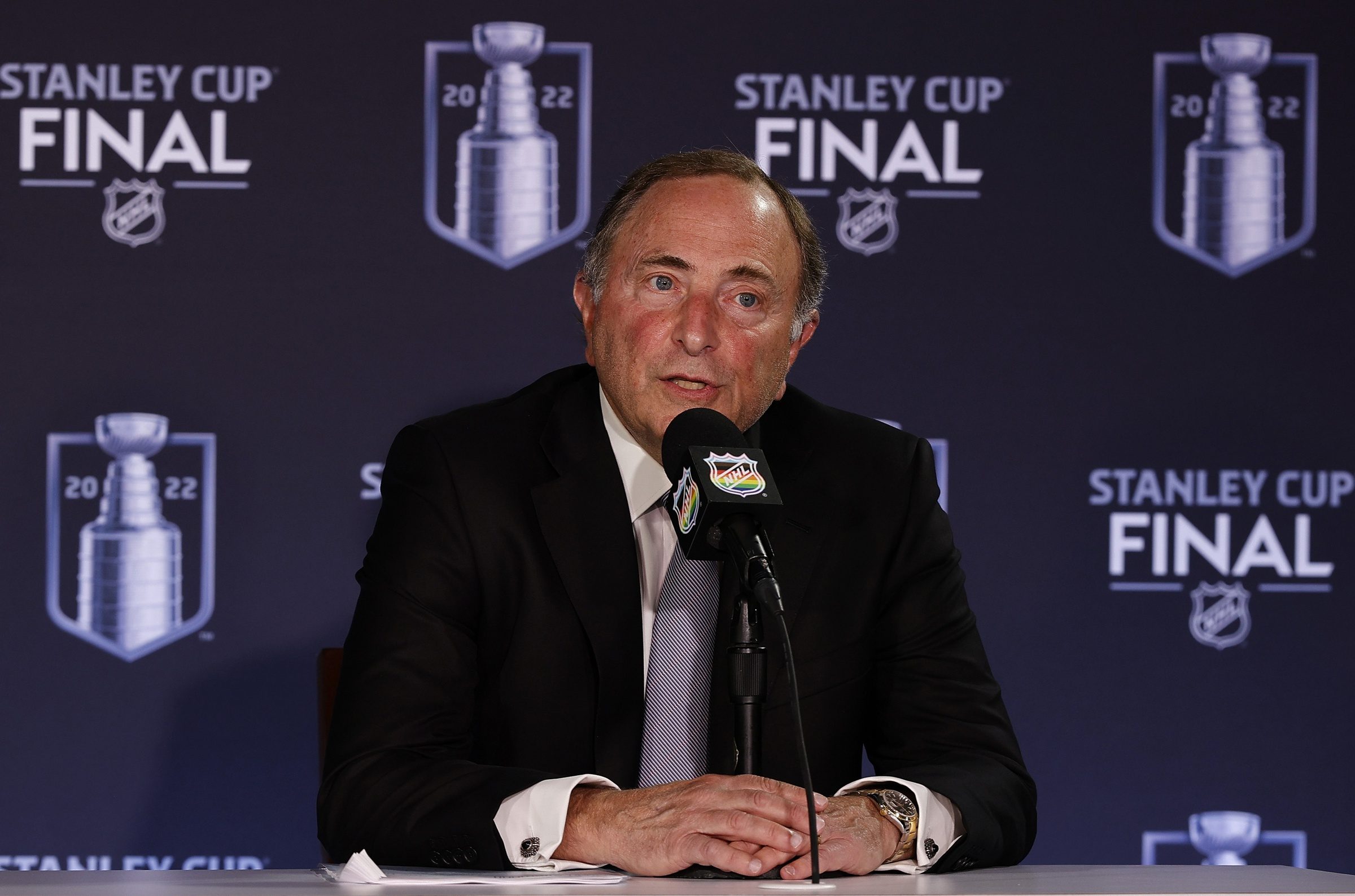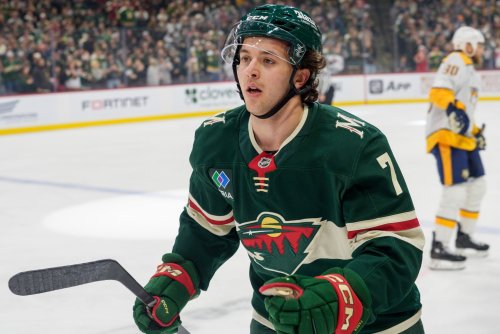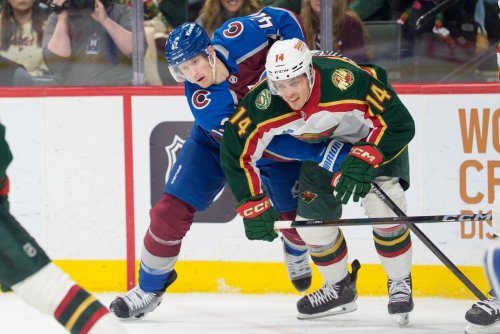
The Minnesota Wild are in a hellacious salary cap situation for the next three seasons. By now, everyone understands that the Zach Parise and Ryan Suter buyouts were necessary to put the franchise on a new, promising trajectory. It’s also known and understood that regardless of the buyouts, these contracts would haunt the Wild eventually. The unfortunate part is that Minnesota has a few studs and tons of promise in this contention window. Still, they aren’t going to compete with the same sized pocketbook as every other team.
The pandemic’s disruption of the NHL couldn’t have come at a worse time for the Wild. I'm not trying to be insensitive to the real-life implications and the massive loss of life due to the virus. It's just a reality when looking at Minnesota's current situation. NHL revenues were relatively sluggish before the shutdown in March 2020. The pandemic only exacerbated that issue. When the league came back, it forced a flat cap.
For the Wild, a flat cap means that the buyout penalties don't get offset by a rising cap.
The salary cap is tied to hockey-related revenue. To put it simply, any money raised because of hockey being played, like ticket sales, television broadcast rights, and sponsorship sales get put into a large bucket. This bucket of money is then split 50-50 by the owners and the players. As revenues increase, so does the player’s share, in the form of salary cap escalations.
A cap that doesn’t rise makes it more challenging to fit your best players onto one roster, though, especially since there seems to be another team that can pay them more if you’re not careful. Kevin Fiala is going to be a cap casualty this summer. However, he could just be the first domino to fall if there isn’t relief soon.
Still, as the NHL is reporting record revenues this year, cap relief could be coming sooner than most expected. Due partly to the new TV broadcasting rights deals with ESPN and Turner Sports, a jump in sponsorships, and gate receipts from a 32nd team in the Seattle Kraken, the money is getting good and getting good fast.
Gary Bettman told the media in his annual state of the league press conference before Game 1 of the Stanley Cup Final, "Two, maybe three years is my projection [for paying off our debts]." Couple that with the salary cap rising another $1 million for next season, and the NHL could find itself in a much more favorable state soon.
Even modest rises to the cap will help the Wild. They will be happy to take whatever it can get. Does that mean Minnesota can fit Fiala and Matt Dumba on this team through the end of the worst of these cap hell years? No. Unfortunately, it won't do that.
But for young players like Marco Rossi, Matt Boldy, and Calen Addison, it's huge. Entry-level contracts are laden with performance bonuses. That money gets tacked onto the cap at the end of the season. If those bonuses cause the team to spill over the cap ceiling, the club is penalized with a lowered cap hit the following season.
It happened to the Washington Capitals last season. They lost nearly $500k in spending power because Ilya Samsonov and Zdeno Chara hit their bonuses.
The Wild are already playing with $12.75 million fewer dollars against the salary cap next season. That deficit grows to nearly $15 million in the two years after. If the Wild can add some -- any -- room to help ease the pain of any bonuses, it can help them get through it all.
Make no mistake, the Wild need Boldy and Rossi to hit those bonuses. They have to count on them doing it to remain just as competitive during this rough patch financially. If the Wild didn't have a star in Kirill Kaprizov, perhaps taking a step back and turning the team over to younger talent would be more palatable. But regardless of how much money evaporated with Parise and Suter, Minnesota must remain competitive to keep Kaprizov here in the long term.
It's the reality the Wild are in. Bill Guerin vows to
Think you could write a story like this? Hockey Wilderness wants you to develop your voice, find an audience, and we'll pay you to do it. Just fill out this form.







Recommended Comments
There are no comments to display.
Join the conversation
You can post now and register later. If you have an account, sign in now to post with your account.
Note: Your post will require moderator approval before it will be visible.